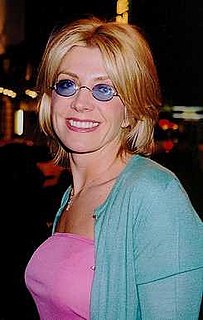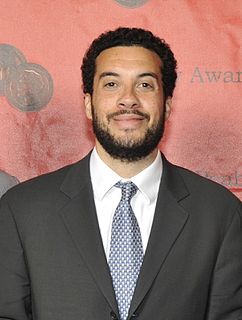A Quote by Dennis Kucinich
My political career goes back to the '60s and those were times of vigorous debates.
Related Quotes
I have made a career out of arguing that we shouldn't be criminalizing political differences. I've made a career out of arguing that the grand jury is an abusive institution. I have made a career out of arguing that we shouldn't stretch and expand the criminal law. I'm not going to change it because you think these are abnormal times. When Thomas Jefferson told the Justice Department that they had to prosecute Aaron Burr, and that he was going to have the chief justice impeached unless he found Aaron Burr guilty, those were special times too.
My mother raised me and there was some painful and difficult times, because she was pursuing a career and also very actively involved in expressing her political views. But, looking back, I wouldnt switch her for a normal mom, even though there were moments when Id come back from school and wish shed just be there in a gingham dress putting dinner on the table. I never had that. But now Im really glad I have her.
People used to complain in the 50s and 60s and even in the 70s when I was in school, studying political science, that "if only we could have two political parties that presented a choice, but there were all these liberal Republicans and there were all these southern Democrats who are conservative so people just don't have a clear choice."
Look at the great tradition of Western political philosophy. Those people were all immersed in revolutionary movements. Most weren't career academics - often, they were too radical to be accepted in the academy. Rousseau's books were banned. Jeremy Bentham and John Stuart Mill couldn't hold academic positions because they were atheists.
O.J. Simpson was primarily interested in O.J. His rise to fame in the late '60s coincided with the period where black athletes were more outspoken and political than in any era. You're talking about the generation of black athletes that came about after Jackie Robinson. Athletes after that were just happy to find a place in sports. But when you got to the mid-'60s, you had athletes like Jim Brown and Muhammad Ali, who were very outspoken on the issues of race and civil rights.
Half of the modern world goes back as far as Pearl Jam. The real historians go back to U2. But they need to go back further. They have to go back to the '50s and '60s, where things started. That's how you get to be your own personality, by studying the masters. Rock and roll was white kids trying to make black music and failing, gloriously!
I think '60s are appealing to creative people, because it seemed to be a time of endless possibilities, when the boundaries of what could be considered popular culture were being expanded almost by the week. It doesn't feel like that anymore. At times, I wish it were so. Radio is a perfect example; good God, I mean, back then the most interesting songs were also hits, and that's just not true anymore. It hasn't been true in a long time.


































